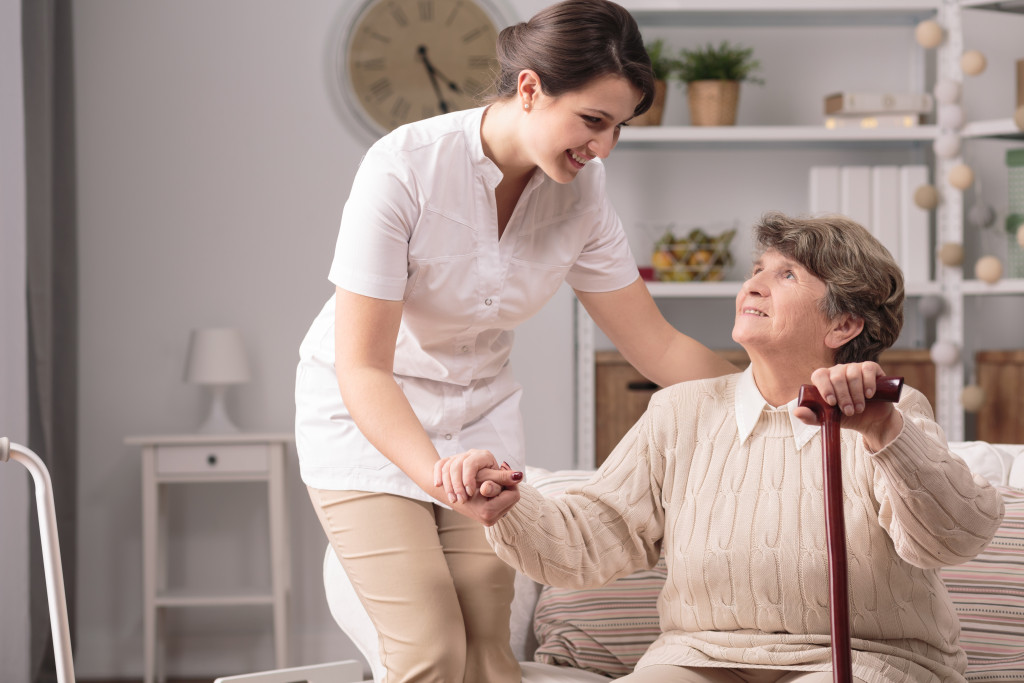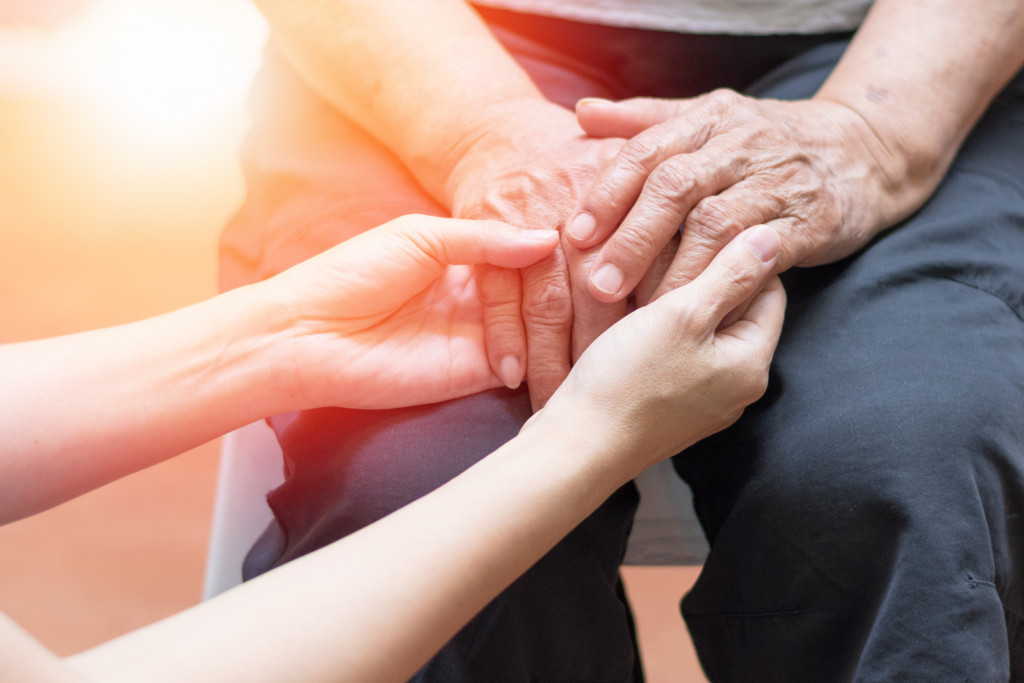Disclaimer: This website provides health information for educational purposes only and is not a substitute for professional medical advice, diagnosis, or treatment. Always seek the guidance of a qualified healthcare provider with any questions you may have.
Caring for a senior loved one can be a challenging blessing. Seniors have different and ever-changing needs. Add the fact that many adult children are busy building their own families and enjoying life. But in today’s modern world, more people are choosing to take care of their elderly parents and senior relatives as a way of giving back to the family.
Many people call adult kids caring for their senior loved ones and their own kids the sandwich generation. According to statistics, up to 58% of senior adults depend on relatives for long-term care. This means the sandwich generation is trying to provide for their own families while taking care of their senior relatives and preparing for their own retirement.
Running a household, building a career, and taking care of a senior loved one can take a toll on someone’s health and wellness. Family caregivers often end up feeling tired and due to all the responsibilities they have to take. More often than not, this makes them prone to caregiver stress.
Who Are at Risk of Developing Caregiver Stress
Some caregivers are more at risk of developing caregiver stress. Common risk factors include the following.
- Financial issues
- Social isolation
- Existing mental health challenges
- Not having any choice in being the sole caregiver
- Living with the person, you are caring for
- Lack of time to rest and enjoy hobbies
- Difficulty coping with the growing dependency of the patient
It is only natural to put most of your focus on your senior loved one’s needs. But once this stops you from taking good care of yourself, your own health and well-being can suffer. You can experience more than just the inability to eat healthy meals on time, enjoy rest and exercise, and enjoy the things that make you happy.
Caregivers experiencing caregiver stress often end up feeling tired, angry, overwhelmed, sad, gaining or losing weight, or losing interest in hobbies they used to enjoy. Some end up feeling physical health problems like headaches, body pain, and other symptoms. Some go on abusing prescription meds, alcohol, or even drugs.
Mistakes Caregivers Make that Often Worsens Caregiver Stress

Self-care is essential if you are a family caregiver yourself. You want to make sure you still take excellent care of yourself despite your busy schedule and an immense number of responsibilities. Making the following mistakes will only make your caregiver stress a lot worse.
Not Knowing when to Ask for Professional Help
Caring for a senior loved one sometimes requires the help of the pros. This is not because you are incapable of unskilled enough to provide the kind of care they need. Sometimes, hiring experts to help you care for your loved ones is the best way to take care of them and yourself.
This is especially true when your senior loved one requires specialized care, like those with Alzheimer’s. This progressive condition often constitutes the need to find the right in-home care agency for Alzheimer’s patients. When your senior loved one starts losing their independence, and you can no longer handle their demanding care needs, it is time to let the pros step in and help you in providing care.
Making Promises You Cannot Keep
Sometimes, family caregivers would make certain promises to their senior loved ones only to fail halfway through. For one, it can be tough to predict what the future holds. One should not make promises since no one knows what type of care their loved ones will require in the future.
Your senior loved one may only need assistance in running errands today. But what happens if they end requiring your 24/7 attention soon? It is important that instead of making promises, choose to devote time to creating a care plan and a contingency plan in case their needs change in the future.
Failure to Educate Yourself
Some people think they already know everything there is to know about their senior loved one’s condition. But like what experts always say, knowledge is power. The best way you can provide the kind of care they need while still caring for yourself is to educate yourself.
Doing due diligence enables you to understand whatever conditions your senior loved one currently has and what issues she could face in the future. You get to learn the best ways to deal with common caregiving challenges and even find the right support needed to keep yourself healthy and sane.
These are, but some things you ought to know as a caregiver to a senior loved one. There will be challenges, and your health and well-being might be put to the test. But arming yourself with the right knowledge will help you get through this challenging phase in your life.




